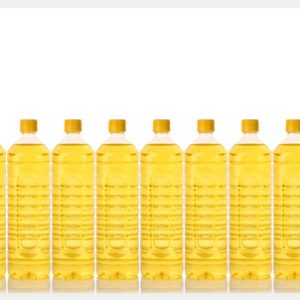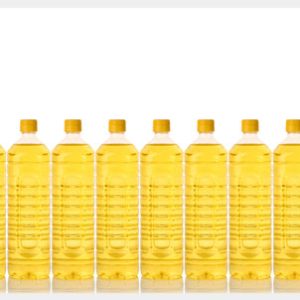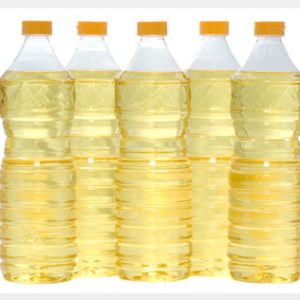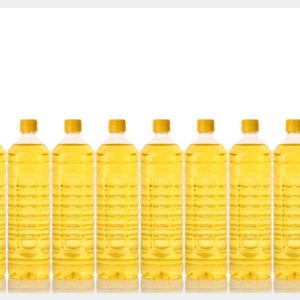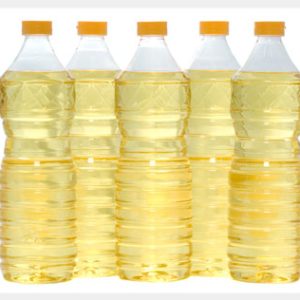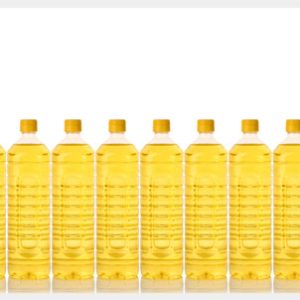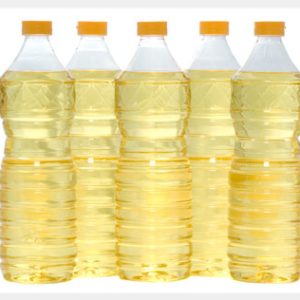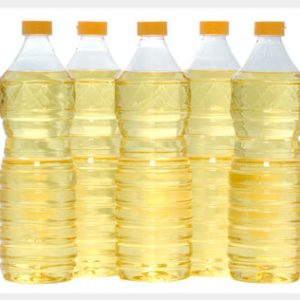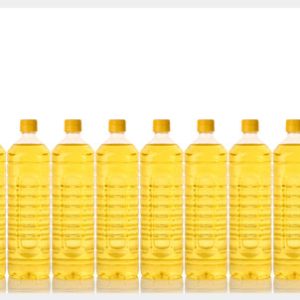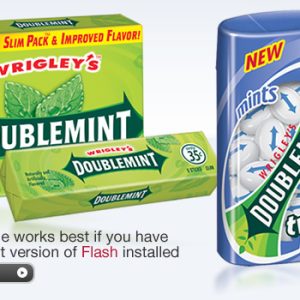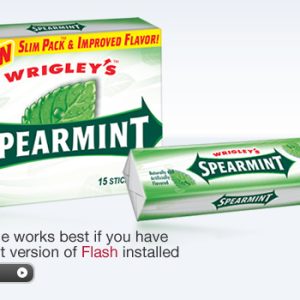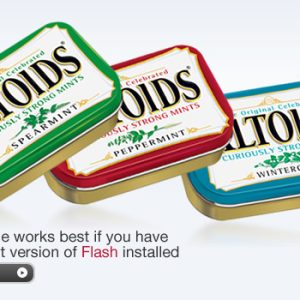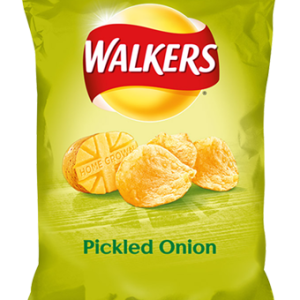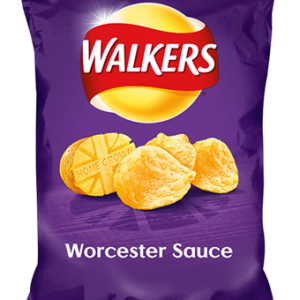No products in the cart.
Shop
-
Soyabean oil
Culinary Uses
It is widely used in the food industry for preparing variety of products including:- Breads
- Margarine
- Snack Foods
- Mayonnaise
- Salad Dressings
- Sandwich Spreads
- Non-dairy Coffee Creamers, etc.
-
Peanut Oil
Culinary Uses
Peanut oil is one of the widely used vegetable oils of the world. A pretty common cooking oil in Asian countries, this oil is also used in western countries. It also has numerous applications in Asian cooking. In west, it is widely used for frying foods, particularly french fries, turkey and chicken. This edible oil is often used in salad dressings, marinades, and baked goods.It is the most widely used cooking oil in the South Indian state of Andhra Pradesh. It is one of the healthiest cooking oils for day to day needs and a tablespoon (approximately 15 grams) of peanut oil has just under 120 calories. In China, the peanut oil used is less refined, retaining a little bit more of the protein of the peanut and producing a stronger peanut flavor.
-
Palm Oil
Uses of Palm Oil
As much as 90% of the palm oil produced finds its way into food products, while remaining 10% is consumed by various industries. It is widely used preparing margarine, shortening, and vegetable cooking oil. In many parts of the world, it is still consumed in its unrefined state to obtain a distinctive colour and flavour. Palm oil is extensively used in preparing dry cake mix used for baking biscuits, cakes and sponge cakes, soaps, sauces, fat substitutes, etc. Recently, palm and kernel oils have been increasingly used as biodiesel fuel. -
Olive Oil
Types of Olive Oil
There are three main types of olive oils. They are classified into the following as per the International Olive Oil Council, a premier body which deals with olive- The first type of olive oil is the Extra Virgin Olive Oil. This oil is rich in flavour and is the best quality. It is extracted by an process whereby the olives are first pressed or crushed to extract the liquid oil. This requires the least amount of processing
- The second type of oil used is the Virgin Olive Oil. It is extracted from the first pressing alone and is of a reasonably good quality.
- The third type is the Pure Olive Oil. This type of oil undergoes chemical treatment and other refining or filtering procedures so that the taste, flavour and the richness of olive oil is brought out. Refined and pure olive oils are combined in this process.
- Another heavily processed form of the oil is the extra light olive oil and it is different from the original to a large extent in taste and flavour.
-
Cotton Seed Oil
Oil Contents
Like other vegetable oils, cottonseed oil doesn’t contain cholesterol in its natural unhydrogenated state. However, it does contain over 50% Omega-6 fatty acids and only trace amounts of Omega-3 fatty acids. It also contains about 1% sterculic acids and malvalic acids in its crude form. Other contents of the cottonseed oil are:
- Palmitic acid: 22-26%
- Oleic acid: 15-20%
- Linoleic acid: 49-58%,
- Arachidic / behenic and lignoceric acid: 10%.
-
Corn Oil
Corn Oil Composition
Refined corn oil contains 99% triglyceride, with proportions of approximately 59% polyunsaturated fatty acid, 24% monounsaturated fatty acid, and 13% saturated fatty acid.The following chart itself explains the nutritional value of corn. It comprises of:
- Carbohydrate 80 %
- Protein 10 %
- Oil 4-5 %
- Fibrous 3-5 %
- Mineral 2 %
-
Celery seed oil
A crunchy biennial plant, Celery is a herb in the Apiaceae family, which has been cultivated for centuries in various forms. It was primarily cultivated for its medicinal properties; but now it has become the part of daily diet of consumers around the world. All parts of a celery plant are edible and usable including the root, also known as celeriac, crisp stalks, seeds, and feathery green leaves. Its leaves are also used as seasoning in preparing many recipes.
Celery is a biennial plant in the family apiaceae, and is related to dill, carrots, fennel, and parsley. It requires deep, well drained soil with plenty of organic matter and a pH between 6.5 and 7.5. Its leaves are finely divided and light to dark green in colour. The flowers are creamy-white which are 2-3 mm diameter and produced in dense compound umbels. The seeds are broad ovoid to globose, 1.5-2 mm long and wide
-
Castor Oil
Uses of Castor Oil
Food Industry: Food Grade Castor Oil is widely used in the food processing industry. It is used as food additives, lavorings, candy (i.e., chocolate), as a mold inhibitor, and also in packaging. The food stuff industries also use polyoxyethylated castor oil (eg. Cremophor EL) as a vehicle for oral and intravenous administration of water-insoluble compounds
Uses in Medicinal Science: From centuries, castor oil has been widely used as home remedy for many disorders. This unsaturated fatty acid contains ricinoleic acid, a unique subtance with great healing capabilities. Ricinoleic acid inhibits the growth of many viruses, bacteria, yeasts and molds. The most common and most frequent of the medical uses for castor oil are the way it is used for treating constipation. Application of the castor oil is also beneficial in cases of ringworm, keratoses, skin inflammation, abrasions, fungal infections, and acne. One study has found that castor oil decreased pain more than ultrasound gel or vaseline during extracorporeal shock wave application.
-
Canola oil
Canola oil is the preferred oil for use in both countries because it is the oil lowest in saturated fats. Canola meal is the by-product of canola oil processing. It is used as a high-protein feed ingredient in the rations of poultry, swine, cattle and fish.
These food and feed applications are possible through strict procedures used in the processing of canola seed into oil and meal. This document describes the processing methodologies that are used by the canola industry to produce high quality oil and meal products.
The production of edible vegetable oils including canola oil involves two overall processes, mechanical pressing and extraction, and further processing to remove impurities. The techniques used are similar for most vegetable oils produced from the seeds of plants. The crushing and extraction processes utilized by the canola industry today produce very little change to the fatty acid profile of the oil and the nutritional qualities of the meal.
-
Wrigley Skittles
Come and join the Rainbow where the possibilities are endless. Anything can and probably will happen. Skittles allows you to let your imagination run free, push past the boundaries of normal life and enter a world without limitations.
-
Wrigley Starburst
Starburst is a juicy burst of fun that unleashes your playful side. Rediscover your childlike inquisitiveness whilst pondering how Starburst is so juicy. Available in Originals and Sours variants, all bursting with real fruit juice.
New from Starburst is FaveREDS – all your favourite red flavours together in one pack!
-
Wrigley Tunes
Tunes is one of Britain’s best-loved brands. It’s been helping you breathe more easily for years. So when you’re feeling a bit stuffy or need a bit of menthol clarity, grab some Tunes.
-
Wrigley Doublemint
Generations have enjoyed the great refreshing taste of Wrigley’s Doublemint, making it one of the biggest gum brands in the world. Now available in over 140 countries, Wrigley’s Doublemint is loved the world over
-
Wrigley’s Spearmint Gum
Launched in 1893 and introduced to the UK in 1911, Wrigley's Spearmint is the classic Wrigley's chewing gum. For a soft chewing experience with a cool minty taste choose Wrigley's Spearmint gum.
-
Wrigley Hubba Bubba
If you love blowing huge bubbles, then you’ve definitely come to the right place! Hubba Bubba has loads of fabalicious flavours to keep your taste buds tantalised. With Hubba Bubba – which contains no artificial colours – you can enjoy hours of bubbletastic fun!
-
Wrigley Extra
From doughnuts to sandwiches and from orange juice to coffee, our days are filled with essentials, treats and pick me ups. Whilst food and drink are necessary and enjoyable ways of getting us through the day, they can leave a lingering effect on our teeth and mouth. Whatever you eat and drink, chewing Wrigley’s Extra sugarfree gum helps keep your teeth clean and your mouth fresh.
Extra is the UK’s favourite gum brand and is used by millions of people to stay clean, fresh and confident throughout the day.
-
Wrigley Airwaves
“KICK UP A GEAR®“
When you need to step up to the challenge, KICK UP A GEAR® with Wrigley’s Airwaves, with its unique invigorating ‘kick’. Just get in the right state of mind and you can exceed the limits of what you thought possible.
-
Wrigley Altoids
“The Curiously Strong Mints®“


